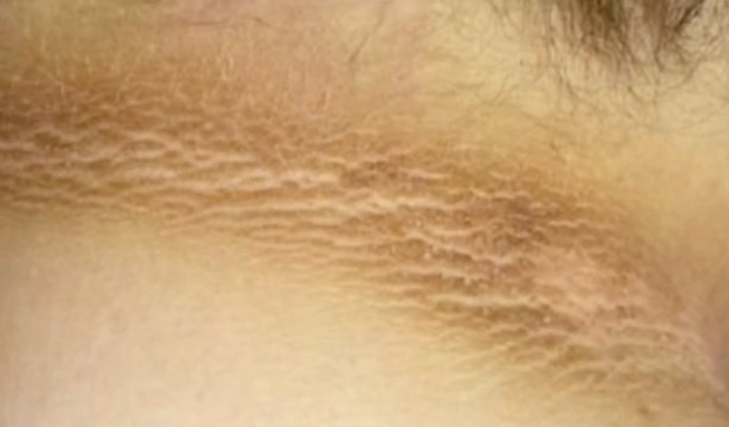Dark Markings on the Neck? Often a Symptom of This Disease.
Others are reading now
If you or someone you know has dark markings on the neck, it’s recommended to see a doctor for examination of a serious illness. A dermatologist has emphasized that changes in skin appearance on the neck can be a warning sign of diabetes.
The problem driving diabetes symptoms – high blood sugar levels – often does not show clearly, leaving many patients unaware of an issue.
Dr. Shah, known as DermDoctor on TikTok, highlighted a lesser-known sign of this blood sugar disease. He explained that skin appearing darker in this area could be a red flag.
A darker neck doesn’t always mean one is dirty. According to Dr. Shah, one of the causes of this discoloration could be acanthosis nigricans, which refers to a velvety, darker coloring of the skin that usually occurs in skin fold areas. This hyperpigmentation has poorly defined borders and may include thickening of the skin.
Also read
Although this discoloration can occur anywhere on the body, it tends to appear on the back of the neck, underarms, and groin. Dr. Shah added that some causes of acanthosis nigricans include diabetes and insulin resistance, a condition where the body develops resistance to too much insulin due to too many carbohydrates in the diet.
Being aware of the following diabetes symptoms is essential:
-
Frequent urination (often at night)
-
Being very thirsty
-
Unintended weight loss
-
Being very hungry
-
Blurred vision
-
Numbness or tingling in hands or feet
-
Feeling very tired
-
Very dry skin
-
Slow-healing sores
-
More infections than usual
Dr. Shah mentioned that treatments for acanthosis nigricans include controlling diabetes, along with other methods.
He said, “The treatment aims to normalize skin thickness with exfoliants such as lactic acid (amlactin) and urea (cetaphil rough and uneven). Retinoids like adapalene also help.”
The discovery of changes in skin appearance, especially on the neck, can be an early warning sign of diabetes and should not be ignored. Being aware of additional symptoms and seeking medical help can aid in early diagnosis and treatment of diabetes



